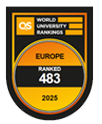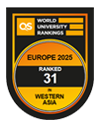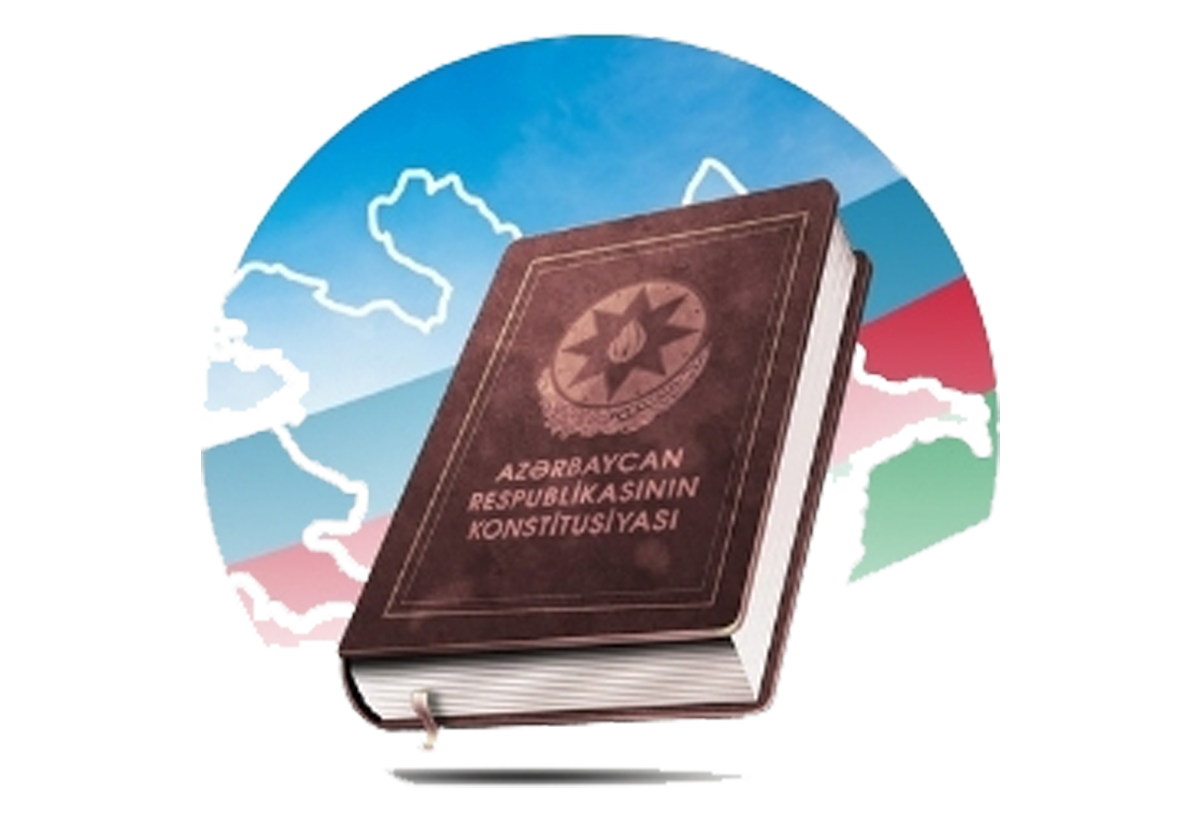Nationwide march to commemorate 30th anniversary of Khojaly genocide was held in Baku
A nationwide march has been held in Baku on the 30th anniversary of the bloody tragedy, that went down in the history of mankind in the 20th century as the Khojaly genocide.
President of the Republic of Azerbaijan Ilham Aliyev and First Lady Mehriban Aliyeva attended the march.
The marchers arrived at Khatai district, the site where the Khojaly memorial is erected.
President Ilham Aliyev put a wreath at the memorial and paid tribute to Khojaly victims.
First Vice-President Mehriban Aliyeva, Prime Minister Ali Asadov, Speaker of the Milli Majlis Sahiba Gafarova, Head of the Presidential Administration Samir Nuriyev laid flowers at the monument.
State and government officials, members of the Milli Majlis, ministers, heads of committees, agencies and companies, heads of religious confessions, also joined the march.
Participants in the nationwide march put flowers at the memorial.
x x x
This year, as every year, our people respectfully commemorate the victims of the Khojaly genocide. It should be noted that the Day of Remembrance of the Khojaly genocide has become a symbol of unity and national prejudice of the Azerbaijani people.
For the second year in a row, our people have been visiting the monument to the Khojaly genocide in Baku, because, like all our martyrs, the victims of the Khojaly genocide have been avenged by the enemy. As president Ilham Aliyev said: "We responded to them on the battlefield, took revenge all our martyrs.
The brilliant victory of the glorious Azerbaijani Army in the 44-day Patriotic War under the leadership of Supreme Commander-in-Chief Ilham Aliyev marked 2020 in the history of Azerbaijan as the Year of Victory. Strong political will, strong economic potential, powerful army, unity of the people and leaders, great enthusiasm in the society, patriotism and determination ensured the victory. Thirty years of longing are over, our lands have been liberated from the occupation of the disgusting enemy, and our territorial integrity has been ensured. At present, the tricolor state flag of Azerbaijan is flying in our liberated lands - Fizuli, Jabrayil, Gubadli, Zangilan, Agdam, Lachin, Kalbajar, Shusha.
The Azerbaijani people will never forget the Khojaly genocide. Going back to 30 years ago, we remember that brutal genocide, its innocent victims. On the night of February 25-26, 1992, Armenian military units committed a terrible genocide in Khojaly with the participation of the 366th motorized infantry regiment of the former Soviet army in Khankendi.
In general, in the following two centuries, Armenian nationalists have consistently pursued a policy of terror, massacre, deportation and ethnic cleansing against our people in order to realize the mythical idea of a "Greater Armenia" at the expense of historical Azerbaijani lands. The Khojaly genocide is the bloodiest page in the policy of genocide pursued by Armenian nationalists and their supporters against the Azerbaijani people. The political and legal responsibility for this heinous crime, which took place in the eyes of the world and is characterized by cruelty and ruthlessness, lies directly with the former leadership of Armenia.
Khojaly was the culmination of the aggression of the Armenian armed forces against our country. Armenian fascists destroyed this peaceful city, which they had besieged for months, together with their supporters in one night. The civilian population was brutally captured, 613 people were killed, 1,275 people were taken hostage, and the fate of 150 people is still unknown. Of those killed, 63 were children, 106 were women and 70 were elderly. As a result of the military aggression, 8 families were completely destroyed, 25 children lost both parents, and 132 children lost one of their parents. During the genocide, 56 people were killed with special cruelty, people were burned alive and they were subjected to unimaginable torture.
Even before the Khojaly genocide, Armenians committed massacres against Azerbaijanis in Karabakh. As a result of robberies and massacres in the villages of Malibeyli and Gushchular on February 12, 1992, 50 people were killed, dozens were injured and taken hostage in the village of Malibeyli alone. As a result of the massacre committed by the Armenian armed forces and the 366th Motorized Rifle Regiment in Khankendi on February 17, 1992, one out of every 10 residents of the village was killed, 104 people and 15 members of the defense group were taken hostage, 80 of them were killed. Of those killed, 10 were women and 8 were children. In total, Garadaghli was attacked 305 times in 1988-1992. This was the beginning of the road to Khojaly. The Garadaghli tragedy is also called the second Khojaly due to the scale of cruelty.
Khojaly, with a population of 7,000, was one of the largest settlements in Karabakh. Khojaly, located 10 kilometers south-east of Khankendi, in the Karabakh mountain range and on the Aghdam-Shusha and Askeran-Khankendi roads, was granted city status in 1990.
Khojaly has been under siege since the beginning of the conflict in October 1991. All roads to the city were closed, and the only means of transportation was a helicopter. The last helicopter landed in Khojaly on January 28, 1992. Air communication with the city was cut off after a civilian helicopter was shot down over Shusha, killing 40 Azerbaijanis. Electricity supply to Khojaly was suspended on January 2. The inhabitants of the city stood, resisted and lived only because of their self-sacrifice and heroism. The city was defended by a small local self-defense group armed with a small number of submachine guns and shotguns, local militia forces and a small contingent of National Army fighters.
Starting from the second half of February, Khojaly was besieged by Armenian armed groups and every day it came under fire from artillery and heavy equipment. Preparations for a ruthless attack on the city began on the evening of February 25 with the arrival of military equipment of the 366th Regiment of the Soviet Army. The attack to Khojaly took place after 2 hours of fire from tanks and anti-aircraft guns. As the city was attacked from 5 directions, the population was forced to flee in the direction of Askeran. But it soon became clear that this was also a ruse. Armenian armed groups blocked the population near Nakhchivanik village and shot them. Most of the people exhausted in the snowy passes and forests were killed with special cruelty in the Askeran-Nakhchivanik plain. The norms of international law also confirm that the massacre committed by Armenians against Azerbaijanis in Khojaly was an act of genocide. Thus, the legal content of the crime of genocide is determined by the "Convention on the Prevention and Punishment of the Crime of Genocide" adopted by UN General Assembly Resolution No. 260 of December 9, 1948. The Khojaly genocide is essentially an international crime. The main content of this category of crimes is stated in the charter of the international military tribunals established after the Second World War, which was later reaffirmed in the charters of the international criminal tribunals in Yugoslavia and Rwanda, as well as in the Statute of the International Criminal Court.
For the first time, national leader Heydar Aliyev gave a legal and political assessment to the Khojaly genocide. On the initiative of the Great Leader, on February 24, 1994, the Milli Majlis adopted a resolution "On the Day of the Khojaly Genocide." On March 1, 1994, the national leader signed a special decree on the Khojaly genocide. Later, by the decision of the Milli Majlis, February 26 was declared the "Day of Khojaly genocide and national mourning." On February 25, 1997, President Heydar Aliyev signed another decree "On declaring a minute of silence in memory of the victims of the Khojaly genocide." The Decree on the Genocide of Azerbaijanis of March 26, 1998 states that in February 1992, the Armenians seized an unprecedented divan from the population of Khojaly. This bloody tragedy, engraved in our history as the Khojaly genocide, resulted in the destruction, capture and destruction of thousands of Azerbaijanis.
Informing the world community about the Khojaly genocide has always been one of the important directions of President Ilham Aliyev's activity. First Vice-President of Azerbaijan, President of the Heydar Aliyev Foundation Mehriban Aliyeva also has an exceptional contribution to the promotion of this terrible genocide in the world. "Justice for Khojaly!" As a result of the systematic activities of the campaign, 17 countries, 24 US states and the Organization of Islamic Cooperation have adopted resolutions recognizing the crimes committed by Armenians in Khojaly as genocide. "Justice for Khojaly!" The aim of the campaign is to inform the international community about the Khojaly genocide, to achieve a moral and political assessment of the massacre in the international arena and to commemorate the victims of this bloody massacre.
One of the unfortunate points is that those who led the military operations in Khojaly have not yet been prosecuted. Some facts reflected in the book "Karabakh - Black Garden" by British journalist Thomas de Waal, as well as the statements of former Armenian President Serzh Sargsyan, who took part in the massacre of Azerbaijanis, once again confirm this. "Before the Khojaly events, Azerbaijanis thought that Armenians could not attack the civilian population. We have managed to break this stereotype, "Sargsyan said." We prefer not to talk about it out loud. " These facts once again confirm that the hateful policy and hatred pursued by Armenians against Azerbaijanis throughout history continues, and that the events in Khojaly are an important part of the pre-planned policy of genocide.
By committing the Khojaly genocide, the Armenian nationalists pursued insidious goals. To intimidate the people, to create panic, to break their will to fight, to force them to accept the fact of land occupation. But the cunning and ruthless enemy's intentions did not come true. A patriotic generation has grown up in Azerbaijan, ready to be martyred at any time for the defense of our lands, and heroically ended the 30-year occupation. President, Muzaffar Supreme Commander-in-Chief Ilham Aliyev said: “Armenians should not think for themselves. They may forget their historical homeland. The people of Azerbaijan will never forget their historical homeland. Today, children born in refugee camps, in Baku, and elsewhere in families from Nagorno-Karabakh and the occupied territories, live with the same desire to return to their homeland. This idea, based on the national idea and strong political will, was confirmed in real life in September 2020. Our brave sons, who stood up at the call of the Supreme Commander-in-Chief Ilham Aliyev, put an end to the occupation policy of the notorious enemy, its growing claims, new plans of aggression and wrote a brilliant victory in the history of our people. Justice has been restored.
Today, our people visit the memory of the victims of the Khojaly genocide, one of the most horrific massacres of the twentieth century, as a victorious country, a victorious people. Like all our martyrs, the victims of the Khojaly genocide were avenged from the enemy. May God have mercy on all our martyrs!
Translation: Linguistic Center



